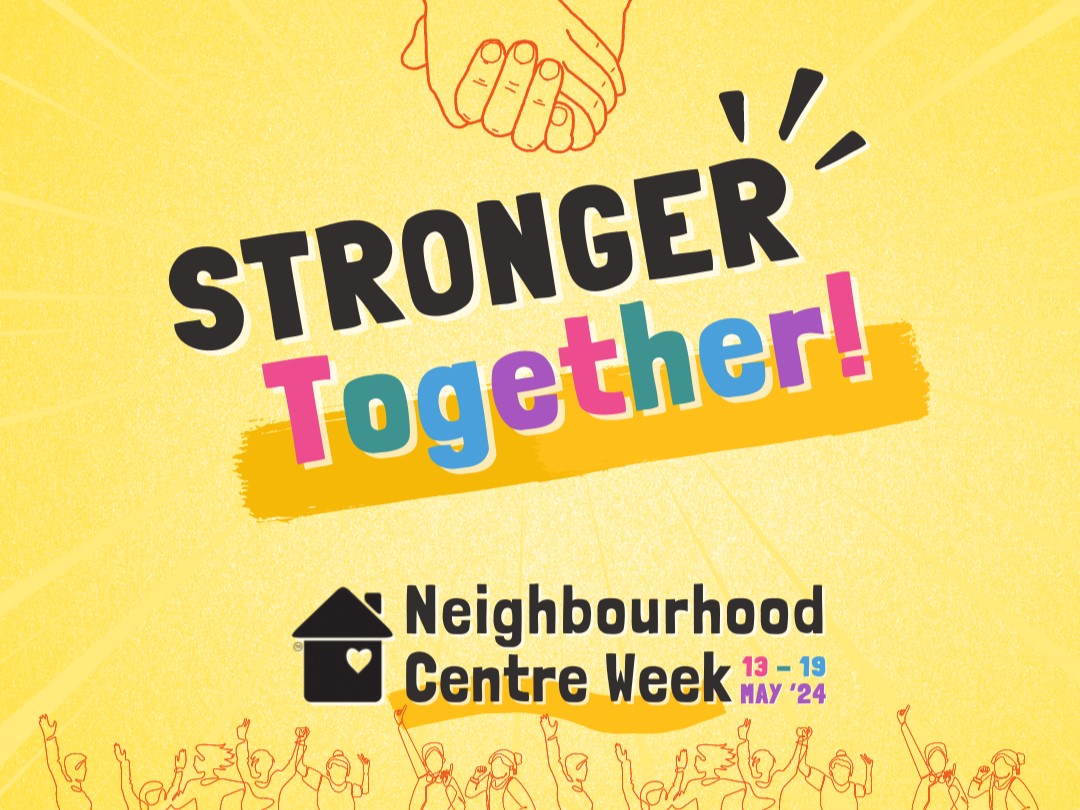
CDU researcher Nikki Curtin is investigating the opportunities for tourism to be a vehicle for greater understanding of Indigenous cultures in Australia
The opportunities for tourism to be a vehicle for greater understanding of Indigenous cultures in Australia, and the possible benefits for the reconciliation process, are being investigated by a PhD candidate from Charles Darwin University’s Northern Institute.
Nikki Curtin’s research seeks to look at tourism within a broader context than just the economic impacts.
“Indigenous tourism has social and cultural dimensions as well as economic. It has the potential to improve non-Indigenous Australians’ understanding and contact with Indigenous people and can cross the cultural divide,” Nikki said.
“This in turn can create greater understanding of Indigenous cultures and can possibly translate into greater engagement in important national issues such as reconciliation and a national identity that recognises the roles and contributions of all Australians,” she said.
Nikki’s research is investigating the impact of tourism on non-Indigenous people as well as Indigenous tourism operators themselves. She will conduct fieldwork in Western Australia and the Northern Territory using qualitative in-depth interviews as well as participant observations.
“I want to explore the cross-cultural connections that can be made and identify what impact they have on the diverse range of people involved,” Nikki said.
“I want to delve into the opportunities tourism creates to bring people together, how that happens and what that means in terms of cultural exchange and ultimately for more sustainable relationships between Indigenous and non-Indigenous people.
Before starting her research career, Nikki worked in the drug and alcohol sector within justice and rehabilitation settings in Western Australia, working closely with Aboriginal women in particular.
“Working in these roles, I could see the strength and resilience of Indigenous people and cultures. I was hearing the individual stories of Indigenous women that were embedded within larger systemic issues. That’s when I started thinking more broadly about the way Indigenous rights and reconciliation are progressing,” Nikki said.
“Reconciliation is a political and social movement shaped by a lot of different voices. There are many, often contradictory, views on if and how reconciliation can be achieved, and these views are embedded in wider debates about a treaty and constitutional recognition.
“It is said that reconciliation requires two-way trusting and respectful relationships between Indigenous and non-Indigenous people, but what does that look like in practice and is that two-way exchange able to be supported through Indigenous cultural tourism? It is also worth exploring where people see themselves in relation to whose responsibility it is to pursue the goals of reconciliation,” she said.
The research will also look at how successful Indigenous tourism ventures have been at maintaining the authenticity of their culture in the commercial environment of tourism.
“Authenticity has become a buzzword in tourism and people are after authentic experiences. I want to look at what that means to people. It’s sometimes the relational contact between people that creates that authenticity and it can be the most meaningful aspect of the tourism experience,” Nikki said.
“I’m interested in how that experience can be achieved through a tourism experience in a way that can generate more of an understanding of Indigenous knowledges and cultures.
“One of the key elements of reconciliation is how we define ourselves as a nation. One of the overarching goals of reconciliation is seeing Aboriginal and Torres Strait Islander history, culture and world views as a valued and recognised part of a shared national identity.
“How can tourism help foster that in people and create collective national pride in our Indigenous cultures in Australia?”





